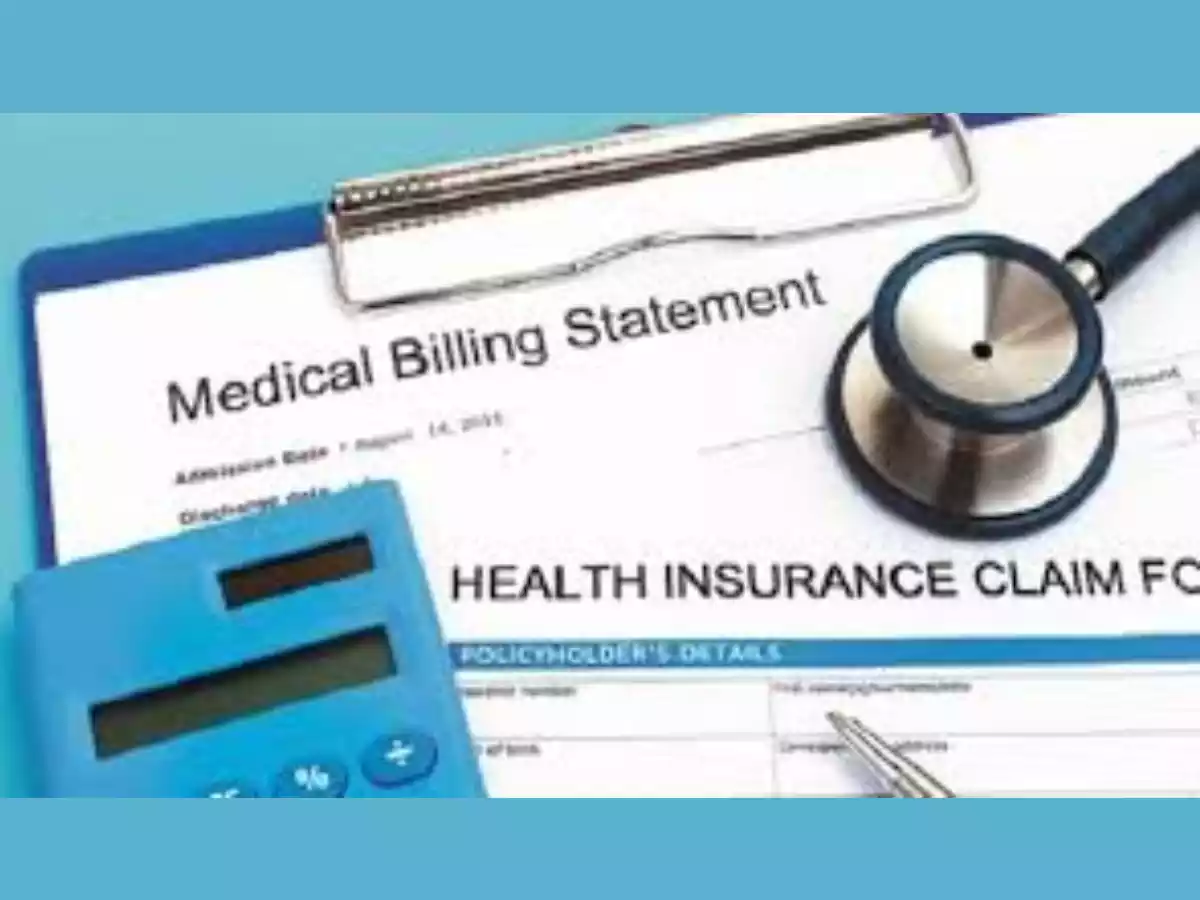Dealing with medical bills can be complex, especially when you have a change in insurance. A common question that arises is, “Will my new insurance cover an old medical bill?” In this article, we will explore the dynamics of medical bills and insurance coverage, factors that influence whether your new insurance will cover old bills, and steps to take when dealing with this situation.
Understanding the Dynamics of Medical Bills and Insurance
Medical bills are invoices for services rendered by healthcare providers. Whether these bills are covered by insurance depends on various factors, including the type of insurance, the terms of the policy, and the specific services received.
Factors Influencing Coverage of Old Medical Bills
Several factors can influence whether your new insurance will cover old medical bills:
1. Policy Terms
Review your new insurance policy’s terms carefully. Some policies may have limitations or exclusions related to pre-existing conditions or bills incurred before the policy’s effective date.
2. Date of Service
The date of service for the medical bill is crucial. New insurance policies typically cover bills incurred after the policy’s start date. Bills from before that date may not be covered.
3. Network Providers
Check if the healthcare providers who issued the old bills are in-network with your new insurance. Out-of-network providers may result in limited coverage or higher out-of-pocket costs.
4. Pre-existing Conditions
Some insurance policies have waiting periods or restrictions for pre-existing conditions. If your medical bill is related to a pre-existing condition, coverage may be affected.
5. Coordination of Benefits
If you have multiple insurance policies, there may be coordination of benefits rules to determine which insurance pays first. This can impact the coverage of old bills.
Steps to Take When Dealing with Old Medical Bills
When you face old medical bills with new insurance, consider these steps:
1. Review the Bills
Examine the old medical bills to ensure accuracy and verify that the services were necessary and correctly billed.
2. Contact the Provider
Reach out to the healthcare provider to discuss the bills. They may be willing to negotiate or offer payment plans.
3. Contact Your Insurance
Contact your new insurance provider to inquire about coverage for the old bills. Provide all necessary information and documentation.
4. File an Appeal
If your insurance denies coverage, consider filing an appeal. Include any relevant documents, such as medical records and provider statements.
Navigating the Insurance Claim Process
Understanding the insurance claim process is crucial:
- Claim Submission: Ensure the bills are submitted to your insurance with accurate information.
- Explanation of Benefits (EOB): Review the EOB provided by your insurance. It outlines what the insurance will cover and any amounts you may owe.
- Appeals: If coverage is denied, follow the appeals process outlined by your insurance.
The Importance of Communication
Effective communication is key when dealing with old medical bills and insurance. Stay in touch with both your healthcare provider and insurance company to address any issues promptly.
Common Scenarios for Old Medical Bill Coverage
1. Transitioning Between Jobs
When transitioning between jobs, you may experience a gap in insurance coverage. Ensure you understand the coverage terms of your new policy and how they relate to old bills.
2. Change in Policy
A change in your insurance policy, such as switching providers or plans, can affect coverage for old bills. Review the new policy carefully.
3. Uncovered Services
Certain services may not be covered by your insurance, even if they occurred during the coverage period. Be aware of any exclusions in your policy.
Frequently Asked Questions (FAQs)
1. Will my new insurance cover all old medical bills?
- Coverage depends on various factors, including policy terms, the date of service, and provider network. Review your policy and contact your insurance provider for specifics.
2. What if my old medical bill is from a pre-existing condition?
- Some policies have waiting periods or restrictions for pre-existing conditions. Check your policy for details.
3. Can I negotiate old medical bills with the provider?
- Yes, you can negotiate with healthcare providers to potentially lower the bill or arrange a payment plan.
4. How do I file an appeal if my insurance denies coverage?
- Follow the appeals process outlined by your insurance provider, which typically involves submitting additional documentation.
5. Are there government assistance programs for medical bills?
- Depending on your situation, you may qualify for government assistance programs like Medicaid or state-specific programs.
Conclusion
Dealing with old medical bills under new insurance can be a complex process. Understanding your policy terms, reviewing old bills for accuracy, and maintaining open communication with both healthcare providers and your insurance company are essential steps. While coverage may vary, being informed and proactive can help you navigate this situation with confidence.
Read more:https://www.dailyrewardslogin.com/
- More related
- Does Costco Optical Accept Kaiser Insurance?
- Taylor Swift’s Legs Insurance
- Getting Pulled Over in Someone Else’s Car Without Insurance
- What type of life insurance are credit policies issued as
- Taylor Swift’s’s leg insurance
- Can hospitals look up your insurance?
- otto home insurance reviews
